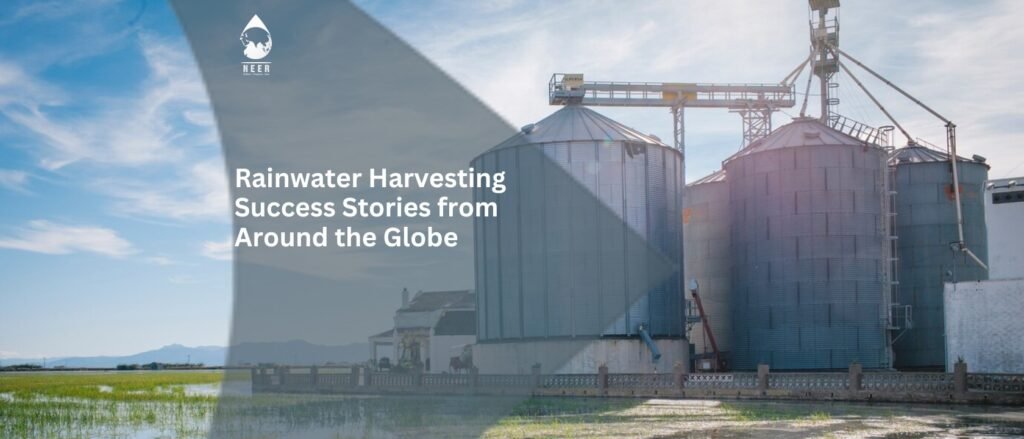
Rainwater Harvesting Success Stories from Around the Globe
Rainwater harvesting, an ancient practice turned modern solution, is making a significant impact on water conservation efforts worldwide. From small rural communities to large urban cities, innovative approaches to rainwater harvesting are proving successful. This blog highlights some of the most inspiring success stories from around the globe, demonstrating the potential of rainwater harvesting in various settings.
Global Success Stories in Rainwater Harvesting
1. The Rajasthan Model, India
In Rajasthan, a region plagued by water scarcity, traditional rainwater harvesting methods have been revived, transforming the landscape. Small-scale structures like ‘johads’ (small earthen check dams) have helped rejuvenate local water sources, dramatically improving the water table and revitalizing agriculture.
2. Urban Rainwater Harvesting in Singapore
Singapore, known for its innovative urban solutions, has implemented a comprehensive rainwater harvesting system. The city-state collects rainwater from rooftops and public spaces, channeling it into reservoirs. This initiative significantly contributes to the country’s water supply, showcasing how urban areas can efficiently utilize rainwater.
3. Community-Led Initiatives in Kenya
In rural Kenya, community-led rainwater harvesting projects have empowered local communities. These projects involve constructing simple rainwater collection systems, providing a reliable water source for households, and reducing the time spent on water collection, particularly benefiting women and children.

4. School-Based Rainwater Harvesting in Australia
In Australia, several schools have adopted rainwater harvesting, using collected water for flushing toilets and irrigating gardens. This not only conserves water but also serves as a practical educational tool for students about sustainable living.
5. Rainwater Harvesting for Agriculture in Brazil
Brazil has implemented large-scale rainwater harvesting techniques in its arid Northeast region. By using cisterns to capture rainwater, farmers are able to irrigate crops and maintain livestock, boosting agricultural productivity and food security.
Lessons from Global Rainwater Harvesting
These success stories teach us valuable lessons.
- Adaptability: Rainwater harvesting can be adapted to various climates and environments, from arid regions to urban settings.
- Community Involvement: Engaging communities in rainwater harvesting projects leads to better implementation and maintenance.
- Sustainability: These initiatives contribute to long-term water sustainability, proving that traditional and simple techniques can be incredibly effective.
Conclusion
The success stories of rainwater harvesting from around the globe illustrate the powerful impact of this sustainable practice. They serve as an inspiration and a model for other regions facing water scarcity challenges. By adopting and adapting these practices, more communities can move towards a water-secure future. For more insights and professional water treatment solutions, visit https://neer.co.in/ and follow us on Instagram.